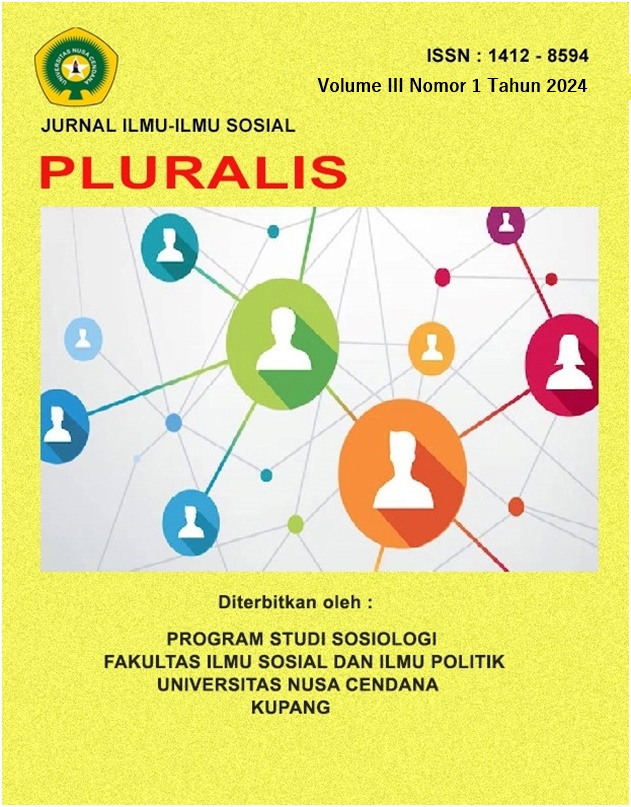Socio-Economic Life of Seaweed Farmers (Case Study, In Bo’a Village. West Rote District, Rote Ndao Regency)
Abstract
The socio-economic life of seaweed farmers in Bo'a Village varies and is hierarchical, but these differences are not very significant depending on the seaweed farming results, which are influenced by selling prices and the growth rate of the seaweed. The subjects of this research are seaweed farmers in Bo’a Village, Rote Barat District, Rote Ndao Regency, with a total of nine informants. This study aims to understand and analyze the socio-economic lives of seaweed farmers in Bo'a Village. This study employs a qualitative research method, utilizing purposive sampling as the sampling technique. This research employs Abraham Maslow's Hierarchy of Needs theory. We collected data by observing the farmers' activities. Additionally, we conducted in-depth interviews with informants to gain insight into the socio-economic life of seaweed farmers. The data analysis technique in this study is qualitative descriptive. The socio-economic life of seaweed farmers is the result of this research; by becoming seaweed farmers, they are able to generate resources to meet their living needs, including their children's education. They are able to send their children to school even up to the university/undergraduate level. The income from seaweed farming is sufficient to meet their needs, but there are also additional earnings that can help fulfill them. Despite considering seaweed farming as their primary occupation, seaweed farmers also engage in side jobs during their free time and off-seasons. They are also able to purchase several household assets that facilitate activities and provide comfort for their families.

 Horiani Sanggu(1)
Horiani Sanggu(1)




